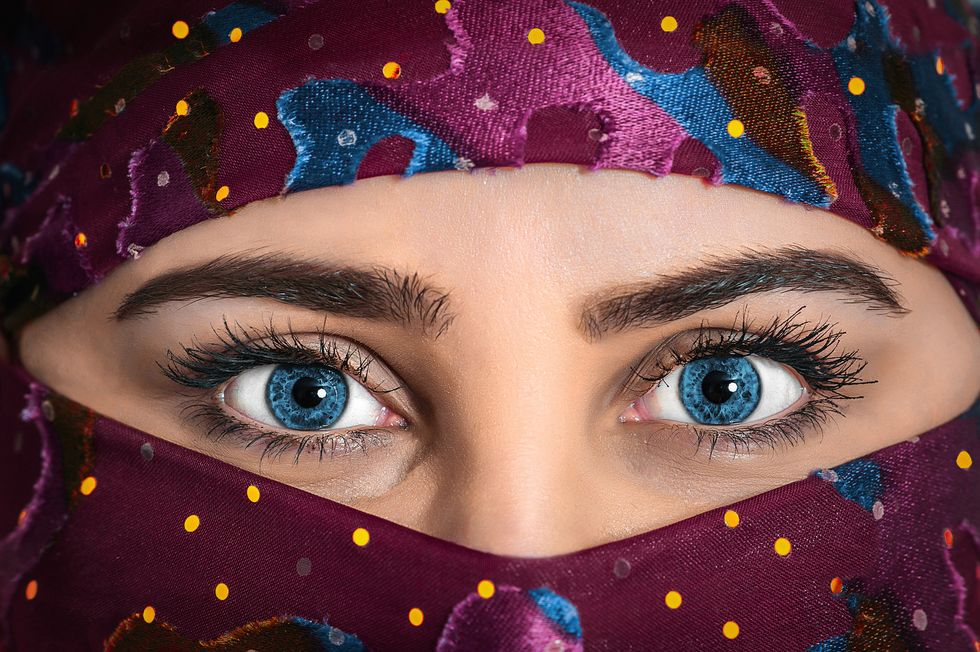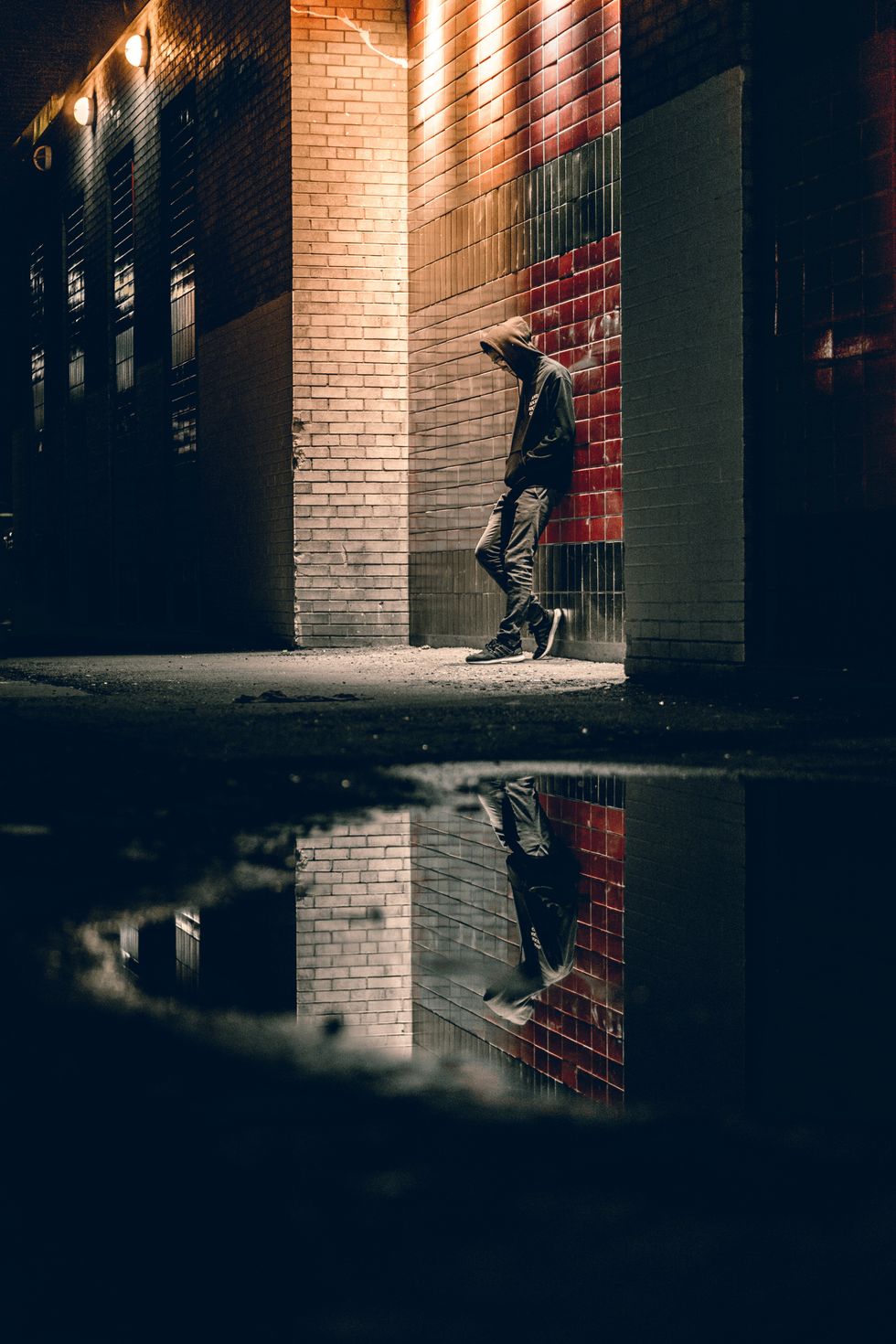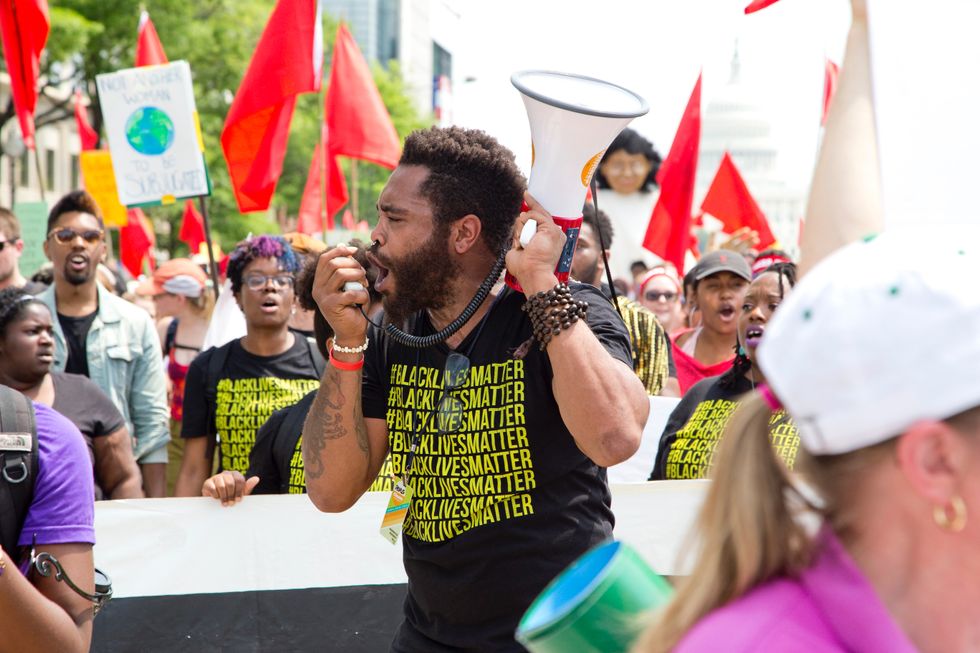Our formative years are a time when we create most of our deeply held beliefs about the world and our place in it. Most often, these happen to be our teen years.
All my teenage life, I grew up as a Hindi-speaking North Indian in Singapore. That meant I was a minority within a minority. You see, Singapore is predominantly Chinese and even though there is an Indian community, it largely consists of Tamil-speaking South Indians.
I grew up therefore with many unfounded beliefs about myself that I later realized were nothing but lies. Here I outline 5 of them. I hope that if any of you reading are minorities within your country and feel the same, that maybe you'll be able to see that these are nothing but lies you've been conditioned to believe.
Lie #1: I Do Not Belong
Photo by Warren Wong on Unsplash
I looked so different from my fellow countrymen, that I often got asked the question - "Where are you from?". When I answered, "Singapore", there were instances where I would get the following response - "Really? But you don't look Indian ?".
As a teenager, this always puzzled me. To me, I definitely looked Indian and felt Singaporean, yet somehow I wasn't even considered part of the minority community in Singapore by many.
Over time this made me think that I simply did not belong in Singapore no matter how Singaporean I felt.
In reality, this was false. I was Singaporean. I grew up there, had Singaporean friends, loved Singaporean food and was fluent in Singlish.
I realized much later that a sense of belonging came not from external validation of being thought of as Singaporean, but from my own internal feelings of feeling at home. My family, friends, and community of artists in Singapore gave me that feeling of home - and in the end, that's all that mattered.
Lie #2: I Must Hate Myself To Fit In
Photo by whoislimos on Unsplash
Growing up in an all boys school meant that there was no lack of pubescent male egos trying to outwit each other and fit in. Racial slurs and jokes were normal and you did not want to be the one to be picked on.
Naturally, it became a habit to make Indian jokes to fit in with the 'cool gang'. I remember distinctly a friend of mine and myself, both Indian, would make self-deprecating jokes about our ethnicity simply to be considered like-minded by our Chinese peers.
We even had a conversation once about it and both of us came to the conclusion that we had to do that to 'survive'.
Come to think of it now, that was utter bullshit. Cracking those jokes and finding humor in putting down an ethnicity was already problematic. I should have realized that belonging to a crowd that deemed that appropriate was not necessary in the first place!
Now I pride myself on my ethnicity. I've come to love myself for who I am, and the fact is, I can still fit in!
Lie #3: I Am Not Attractive

Consequently, with all these racial jokes being made that Indians were hairy and smelly, I grew up thinking I simply wasn't attractive to the opposite sex, let alone Chinese girls!
I mistakenly believed that Chinese men with their hairless torsos were only what Chinese girls found attractive. And girls of other ethnicities too.
How wrong was I?
I am in a relationship now with the love of my life, and guess what - she's Chinese!
I remember on our first date, I was vulnerable and opened up to her about my fear, and she found it ridiculous! I was stunned - "but, weren't Indian guys just simply not attractive," I thought.
Soon, I realized that I had internalized the racism I had faced growing up and was just holding a false belief!
If you feel this way being a minority, throw that belief away! Look at yourself in the mirror and see how precious and beautiful you are!
And guess what - you're rare! Embrace that fact and know people out there will find you attractive. But you need to learn to see yourself as attractive first.
Lie #4: My Feelings Were Irrational
Often when faced with micro-aggressions, I would feel annoyed, angry and upset. For a long time, I led myself to believe that that is just the way it is and that my feelings were just the product of me being too sensitive.
As I grew up, I realized that my Chinese friends never had to feel the way I did and they did not have to deal with what I had to.
This was unfair! Why should I continue suppressing these feelings and consider myself 'too sensitive' and 'irrational', when these are legitimate consequences of how I have been treated?
Then I began to stand up for myself. If someone intentionally said things that were offensive I began to be unafraid to call them out.
I began correcting ignorance.
Often micro-aggressions are simply a result of ignorance and not malice, so pointing them out does the job! My feelings were pointing me to take action and were absolutely valid!
Lie #5: My Voice Will Not Be Heard
Calling out micro-aggressions and speaking out against the prejudiced treatment of minorities meant dealing with doubts of whether I could really make a change.
Entrenched social behaviors are difficult to change and the belief that 'this is just the way things are' is a dangerous one.
For a long time, I grappled with the fact that I was just one person trying to get millions to see the problem.
What change could I make?
The fact is that as I grew up and began making films, acting in more plays, I began finding my artistic voice.
I realized that I could make impactful works of art that would influence people to think differently.
I also found that sweeping things under the rug would never change anything and it is only constant action, repeated efforts at making the majority realize that there is a problem in the way minorities are treated that would eventually lead to change.
And boy was I right.
In 2017, I made a Facebook post about being asked to "be more Indian" at an audition for a popular film franchise.
The post went viral and eventually led to many professionals discussing the issue of minority representation in the media and many others also debating the effects of 'casual racism', or micro-aggressions that have no malintent but instead have subliminal ideas that are offensive and problematic.
I had generated a national conversation. Teachers in schools were talking about it and I even was invited to speak about it all at Nanyang Girls' High School in Singapore.
I learned that eventually, your voice will be heard.
You simply must never let the majority shut you up.












































